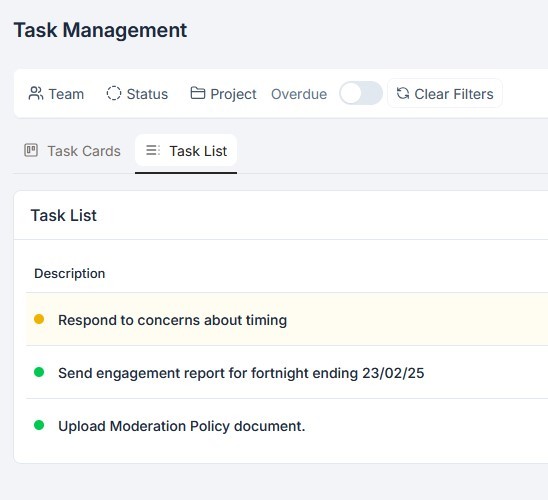Citizens’ Juries: A Deep Dive into Deliberative Democracy
Citizens’ Juries involve a small, demographically representative group of individuals deliberating on specific issues over a few days. This process, designed to reflect the community’s diversity, ensures comprehensive discussions that account for a wide range of perspectives. The structured deliberation includes:
- Participant Selection: Through stratified random sampling, individuals are chosen to reflect the community’s demographics, focusing on gender, age, socio-economic status, and ethnicity.
- The Deliberation Process: Initiated with an orientation day, followed by sessions with expert witnesses to provide jurors with a balanced understanding of the issue at hand.
- Decision Making: Jurors aim for a consensus or vote on recommendations, striving for informed decisions reflective of the community’s collective voice.
- Outcome Presentation: The jury’s conclusions are publicly presented and detailed in a report, ensuring transparency and broader community engagement.
Participedia: Enhancing Accessibility and Impact
As a global platform, Participedia complements the work of Citizens’ Juries by documenting and disseminating knowledge on democratic innovations. It serves as a valuable resource for understanding the applications and effectiveness of participatory methods in engaging citizens in policy-making.
Training and Capacity Building
Successful deliberative processes hinge on the preparedness of facilitators, jurors, and experts. Effective facilitation skills are crucial for navigating discussions, while jurors and experts benefit from understanding the deliberative process. This preparation enhances the quality of dialogue and the resultant decisions.
Evaluation and Follow-Up
Evaluating the impact of Citizens’ Juries on policy and community outcomes is essential. This assessment can reveal how recommendations influence decision-making and the mechanisms for ensuring accountability and follow-through on these suggestions.
Digital Engagement and Hybrid Models
Incorporating digital tools can expand the reach and inclusivity of deliberative processes. Online platforms and virtual engagement strategies can complement traditional methods, providing new avenues for participation and discussion.
Global Applications and Comparative Perspectives
Exploring the application of Citizens’ Juries and Participedia across different cultural and political contexts highlights their global relevance. Comparative analysis can shed light on adaptation strategies, challenges, and successes in various settings, offering valuable lessons for practitioners worldwide.
Citizens’ Juries and Participedia underscore the evolving landscape of participatory democracy, emphasizing the importance of inclusive, informed, and dynamic approaches to policy-making. Through comprehensive preparation, evaluation, and the integration of digital technologies, these innovations can further enhance civic engagement and the effectiveness of community consultation. As we continue to explore and adapt these models globally, they offer promising pathways for incorporating diverse voices into the democratic process, ensuring policies reflect the complex tapestry of community needs and aspirations.









